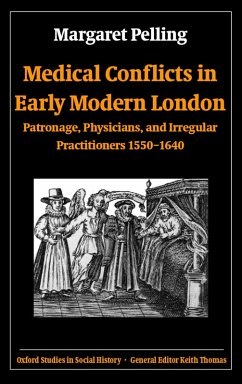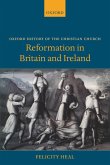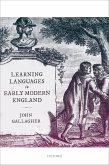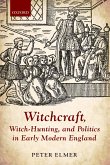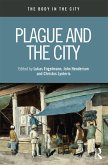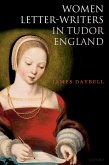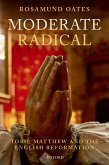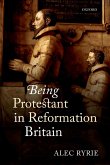Physicians have had a major role in framing the middle-class values of modern western society, especially those relating to the professions. This book questions the bases of this hegemony, by looking first at the early modern physician's insecurities in terms of status and gender, and then at the wider world of medicine in London which the College of Physicians sought to suppress. The College's proceedings against irregular practitioners constitute a case-study in the regulation of an occupation critical for the well-being of contemporary Londoners. However, the College was, it is argued, an anomalous body, detached from most other forms of male authority in the urban context, and its claims lacked social recognition. It used stereotyping to construct an account designed for higher authority, but at the same time, its regulatory efforts were constantly undermined by the effects of patronage. The so-called irregular practitioners emerge as extremely diverse in country of origin, religious belief, and levels of formal education, yet the full analysis provided here also shows that most were literate, and that a significant number later became members of the College. Many were London artisans, barber-surgeons and apothecaries who can be seen as the 'excluded middle' between the two better-known extremes of the physician and the quack. In suppressing artisan practitioners, the College was also seeking to suppress contractual or 'citizen' medicine, an alternative system of structuring relations between the active patient and the practitioner which was fully integrated in contemporary urban custom and practice, but which has since disappeared. The College's selective account also inadvertently reveals the existence of female artisans who practised medicine outside the household routinely and for payment. Although distorted by the College's proximity to the Crown and to ?lite patrons, the Annals of the College give access to the rich variety of medical practice in early modern London and to the forms of resistance and self-presentation with which those outside the College justified, or denied, their identity as practitioners.
Dieser Download kann aus rechtlichen Gründen nur mit Rechnungsadresse in A, B, BG, CY, CZ, D, DK, EW, E, FIN, F, GR, HR, H, IRL, I, LT, L, LR, M, NL, PL, P, R, S, SLO, SK ausgeliefert werden.

